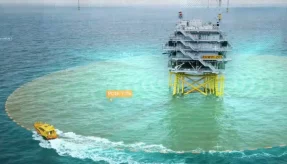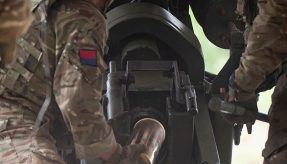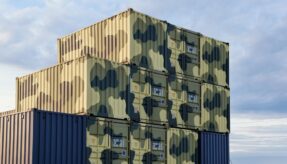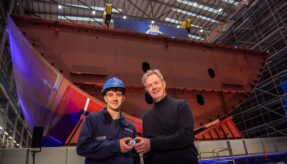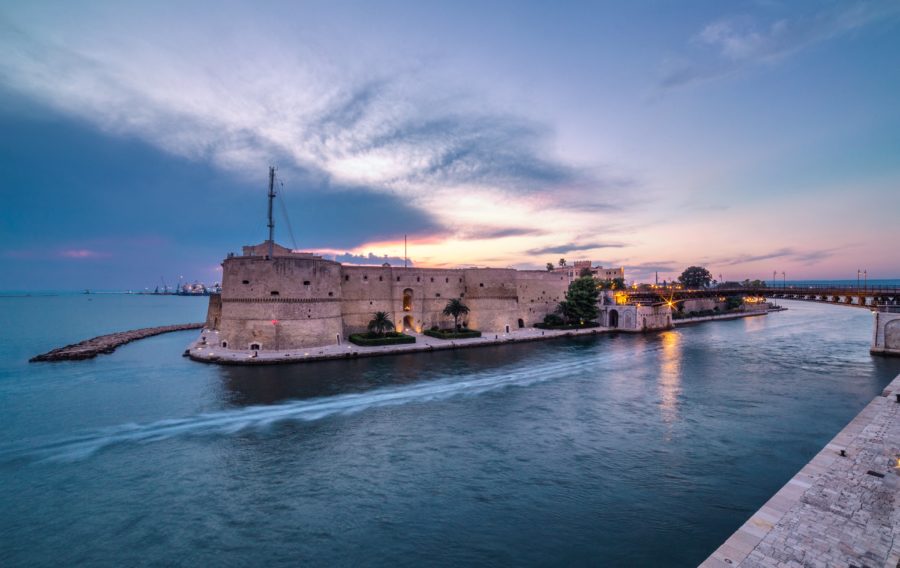
The EU’s largest defence research project OCEAN2020 was tested in the Mediterranean Sea to enhance maritime situational awareness.
Defence research project OCEAN2020 (Open Cooperation for European mAritime awareNess) aims to bring together technical maritime specialities including orienting, deciding and acting operational tasks and observing. The EDA demonstration involved naval units from Greece, France, Italy, and Spain and took place off the Italian coast.
The deployment included manned and unmanned systems integrated with satellite and communication networks and aimed to build a comprehensive picture for military decision-makers. The demonstration, lead by Leonardo, is the latest phase of a project aiming to integrate legacy and new technology for unmanned maritime systems.
Chief Strategic Equity Officer at Leonardo Giovanni Soccodato said: “OCEAN2020 is an incredibly ambitious project. To deliver it, we are bringing together a pan-European team of experts, each of which is contributing its own area of world-class capabilities.”
“Operationally, this project is important demonstrating the possibility to enhance maritime surveillance – of vital interest to European defence – integrating unmanned platforms with traditional systems. More broadly, OCEAN2020 demonstrates the potential and the true spirit of European collaboration in the defence sector, having enabled a real partnership of large and small industry, academia and defence ministries from across the continent.”
The Mediterranean Sea Demonstration, led by the Italian Navy, tests how the fusion of data and information collected from the assets deployed in the area of operations can be integrated to create a Recognised Maritime Picture (RMP). OCEAN2020 aims to show how multiple information sources can be integrated with Combat Management Systems (CMSs) to create an RMP, while equally highlighting how collaborative autonomy between multi-domain unmanned vehicles can provide a force multiplier.
If you would like to join our community and read more articles like this then please click here.
EDA EU Leonardo maritime OCEAN2020 systems unmanned vehicles




